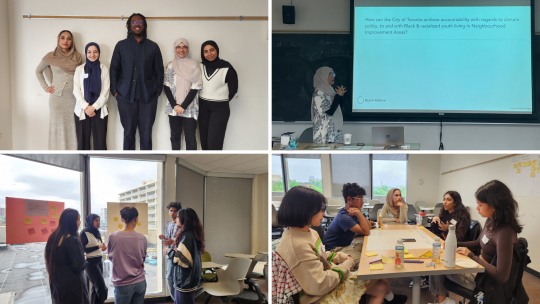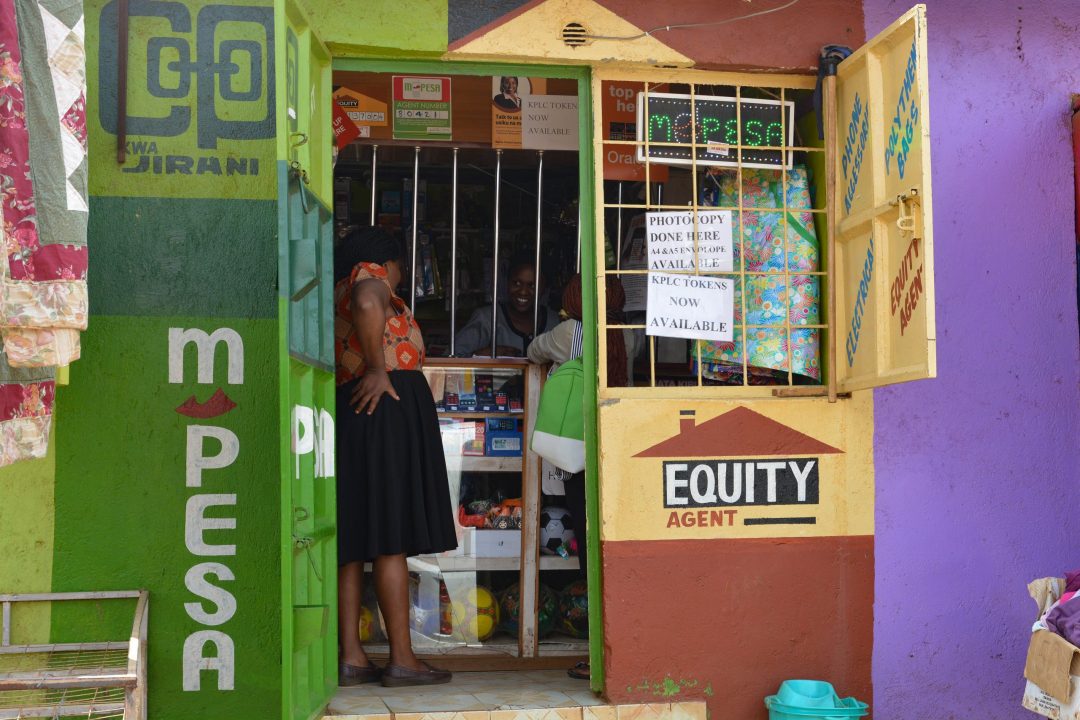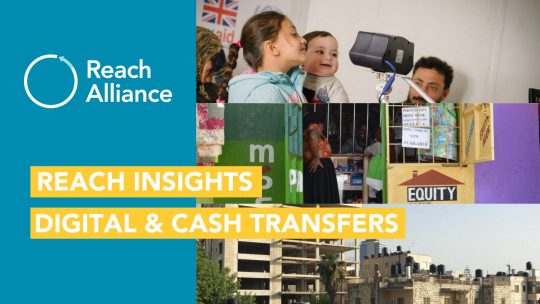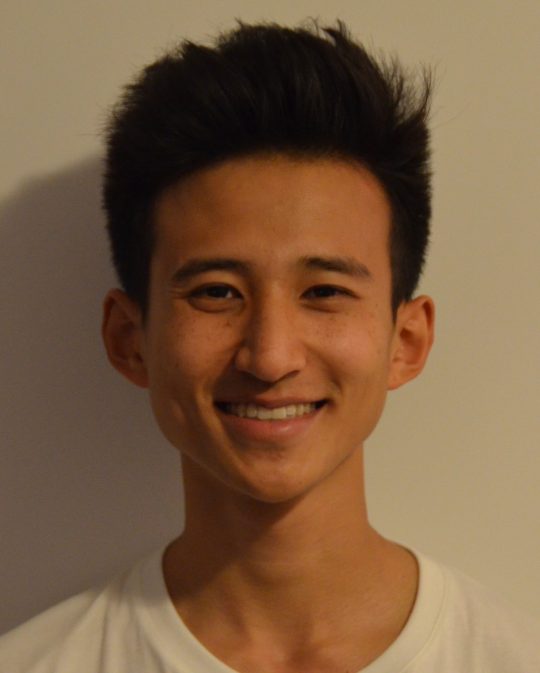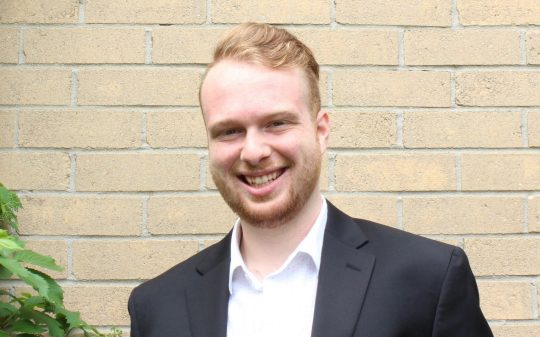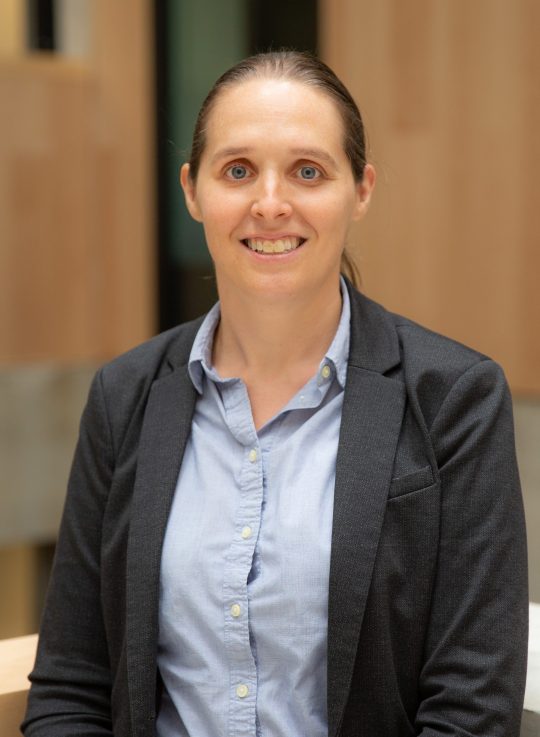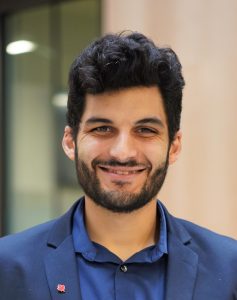Nearly two billion people remain unbanked, leaving them unable to send or receive money, earn interest or get a loan.
Recognizing an opportunity to address this challenge, Kenya’s leading mobile network operator, Safaricom, launched M-PESA in 2007. Billed as the world’s first mobile money service, it affords users the opportunity to transact, save money and get credit using their mobile phone. Since its launch, it has grown to over 40 million users and was a major driver in the two-fold increase in financial inclusion across the country. By unlocking the benefits of financial services to those users, M-PESA was found to have lifted 194,000 households, or 2 per cent of Kenyan households, out of poverty as of 2016 with larger benefits accruing toward female-headed households. Many people, however, remain unreached by M-PESA (and mobile money more broadly). This research examined who those people are and what traits they share in common, and aims to inform policy-makers on how to ensure they do not continue falling behind.
The Hard to Reach
Population in Kenya without access to financial services.
Key Takeaways
Undergirding the analysis for this research study were two comprehensive financial inclusion surveys conducted in 2015 and 2018 in Kenya. Using the data in those surveys, three complementary machine-learning models were constructed and used to statistically ascertain the factors that are predictive of individuals not having registered mobile money accounts. Kenyans who remain financially excluded in Kenya are statistically more likely to:
- Have relatively low incomes,
- Live in low-density, remote counties, such as Turkana,
- Not own a mobile phone
- Have no formal government identification.
Acknowledgements
This research was made possible through the Reach Alliance, a partnership between the University of Toronto’s Munk School of Global Affairs & Public Policy and the Mastercard Center for Inclusive Growth. Research was also funded by the Ralph and Roz Halbert Professorship of Innovation at the Munk School of Global Affairs & Public Policy. We express our gratitude and appreciation to those we met and interviewed. We are also grateful to Joseph Wong, Anita McGahan and the other faculty mentors in the Reach Alliance Professor without whom this research would not be possible. Additionally, we would like to give our warm thanks to Andre Cire at the Rotman School of Management who offered continuous support on technical questions with such kindness and approachability.
This research was vetted and received approval from the Ethics Review Board at the University of Toronto. Research was conducted virtually during the COVID-19 pandemic in compliance with local public health measures.
